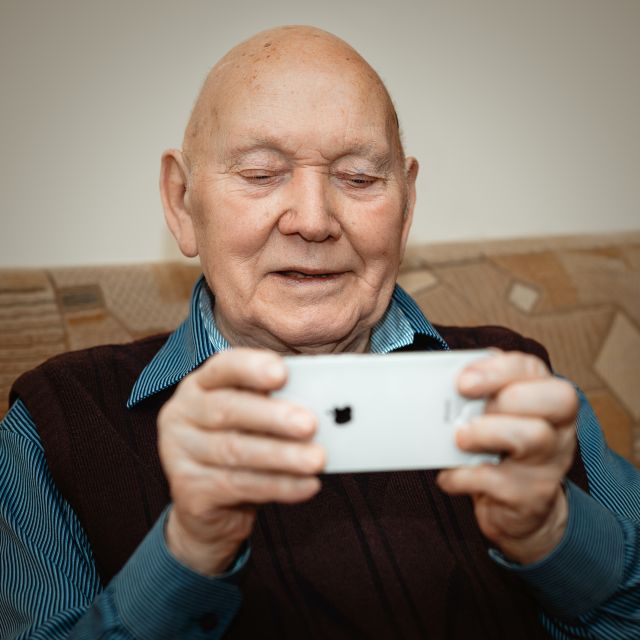
Can Intranasal Insulin Fight Alzheimer’s?
In recent years, the link between insulin and dementia has become widely recognized. People with diabetes develop Alzheimer’s earlier and are more likely to develop

In recent years, the link between insulin and dementia has become widely recognized. People with diabetes develop Alzheimer’s earlier and are more likely to develop

VIDEO & ARTICLE: BIIB-037 binds to and eliminates Alzheimer’s plaque. The experimental drug did a surprisingly good job of improving cognition in recent trials. It

Alzheimer’s begins when “tau” fibers get tangled. Preventing this tangling may hold the cure to Alzheimer’s. But how? Researchers cannot study this process in the

VIDEO: Johns Hopkins has one of the world’s top dementia centers. Watch their update on global Alzheimer’s research.

Agitation and aggression are among the most disruptive symptoms of Alzheimer’s. They effect 60% of people living at home and 80% of people in care
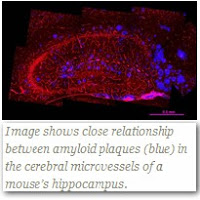
Most researchers think amyloid plaque is the culprit behind Alzheimer’s. They know it damages brain cells. Now they are finding it also accumulates in blood

VIDEOS + ARTICLE: Impaired insulin has been long linked to diabetes as well as Alzheimer’s. Learn how two approved diabetes drugs are showing exciting results
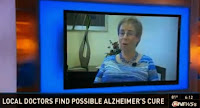
VIDEO + ARTICLE: Nilvadipine is a European anti-hypertensive drug. Possessing a strong safety record, the drug is showing growing evidence of fighting Alzheimer’s on 3
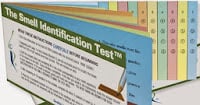
Two new studies suggest that odor identification tests can help diagnose Alzheimer’s. They may even be able to predict the onset of memory problems. The tests are easy to administer and inexpensive. Find out more.

VIDEO+ARTICLE: One thing can be said about all Alzheimer’s drug trials: they take way too much time & money. New 3-D culture systems hope to

It is one of the most beautiful Compensations of this life thatNo man can sincerely try to help anotherWithout helping himself.
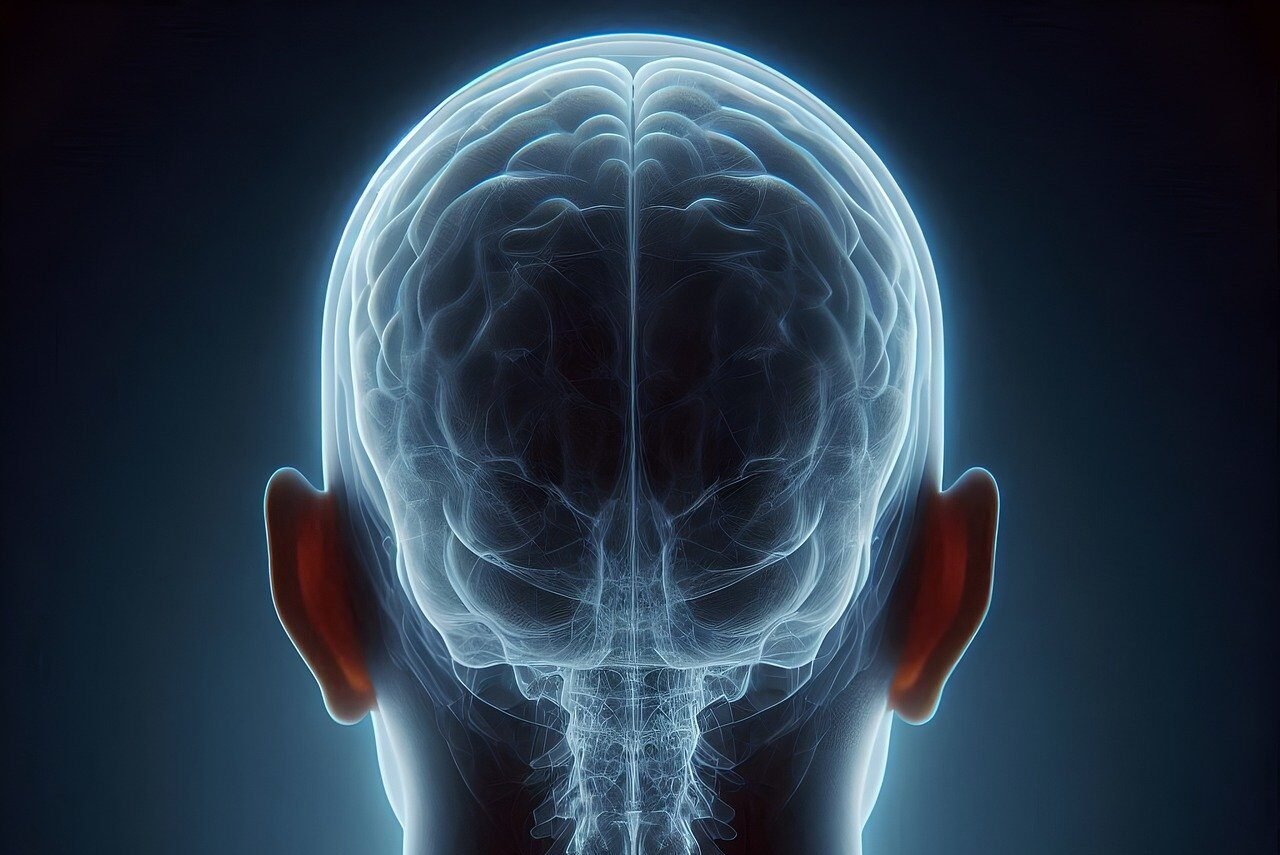
Simple, science-backed habits can keep your brain sharp, lower dementia risk, and boost memory — no matter your age. Here’s how to make them part of everyday life.

Urinary tract infections (UTIs) can easily go unnoticed in older adults — especially in those already living with Alzheimer’s or dementia. But knowing the signs and acting quickly can prevent distress, hospitalization, and long-term cognitive decline.

Scientists say restoring a brain protein, not removing amyloid plaques, should be the target of Alzheimer’s dementia therapies. The researchers said treatment might lie in normalizing the levels of a specific brain protein.

Dietary iron is an essential element in the brain. That’s why it is critical to understand how it affects Alzheimer’s. Researchers used advanced X-ray techniques to take a giant step forward in understanding iron chemistry in amyloid plaque, the main culprit behind Alzheimer’s. Learn more about their exciting new insights.

A deep promise to be there for an Alzheimer’s parent, this heartwarming song was written as a tribute to families facing dementia.
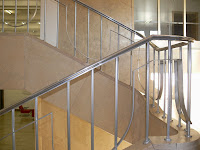
EMERGENCIES due to falling happen 54% more often in dementia. As a rule, 1-in-3 adults over 65 fall each year. Most falls happen at home. Make a few simple changes and prevent falls.
No spam, only news and updates.


